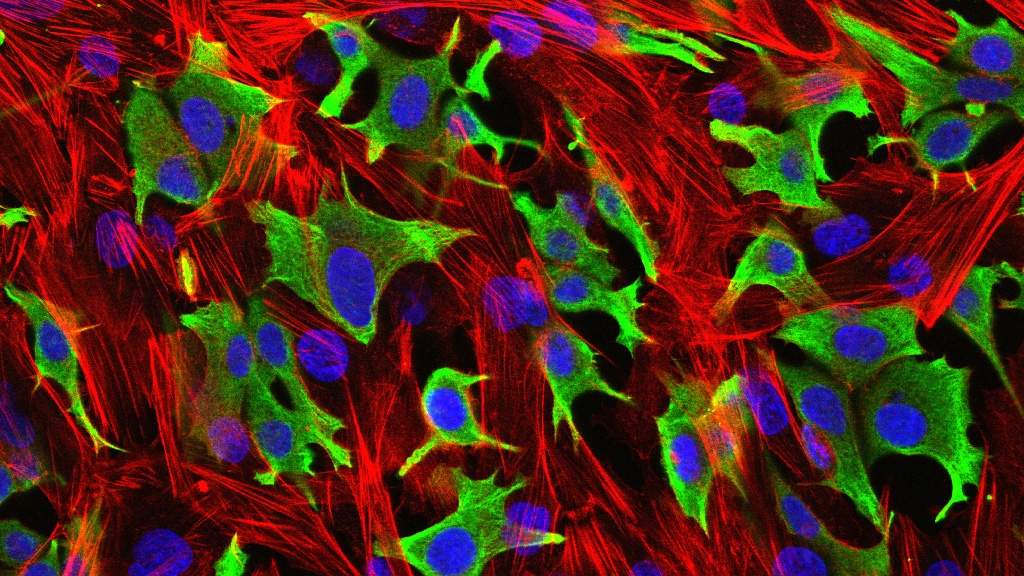Improving access to clinical trials
Clinical trials are the single best way to turn advances in science into patient benefits. The ICR has a vision that a suitable trial should be made available for every person with cancer who wants to be part of one.

Expanding trial access – ICR report
Our 2021 report, Clinical trials in cancer, reveals the impact of the Covid-19 pandemic on cancer trials and highlights longstanding barriers to expanding clinical trial access to more people with cancer. But Covid-19 also offers clues to a recovery that can get new treatments to cancer patients more quickly.

News: Cancer trial recruitment drops by 60 per cent during pandemic
The number of cancer patients entering clinical trials has plummeted during the pandemic – denying many thousands the latest treatment options and delaying drug development. Here, cancer experts set out their findings about the barriers to carrying out clinical trials in the UK and proposals for boosting participation.Latest ICR News

Breast cancer test predicts relapse risk in just two weeks – and could spare thousands of patients from unnecessary treatment
Thousands of women with breast cancer could be spared unnecessary treatment, thanks to a simple test which can identify whether or not their cancer is likely to return – just two weeks after starting treatment.

Targeted radiotherapy just as effective for low-risk breast cancer and reduces risk of side effects
Thousands of women who undergo radiotherapy for low-risk breast cancer could be spared some of the side effects of treatment after a study confirmed that more targeted treatments are just as effective at controlling the disease in the long term.

Scientists discover how to remove skin cancer’s protective armour and stop it spreading
Scientists have uncovered a protein that acts like a ‘suit of armour’ for cancer cells, shielding them from hostile environments and allowing one of the deadliest forms of skin cancer to spread through the body.
-is-malignancy-of-the-esophagus-cancer-of-the-esophagus-ct-with-contrast.jpg?sfvrsn=70ef5f67_1)
New study reveals how oesophageal cancer adapts to treatment
Researchers have tracked how the most common form of oesophageal cancer and its immune environment change during a standard form of treatment – offering vital clues that could shape future therapies, so they work for longer.